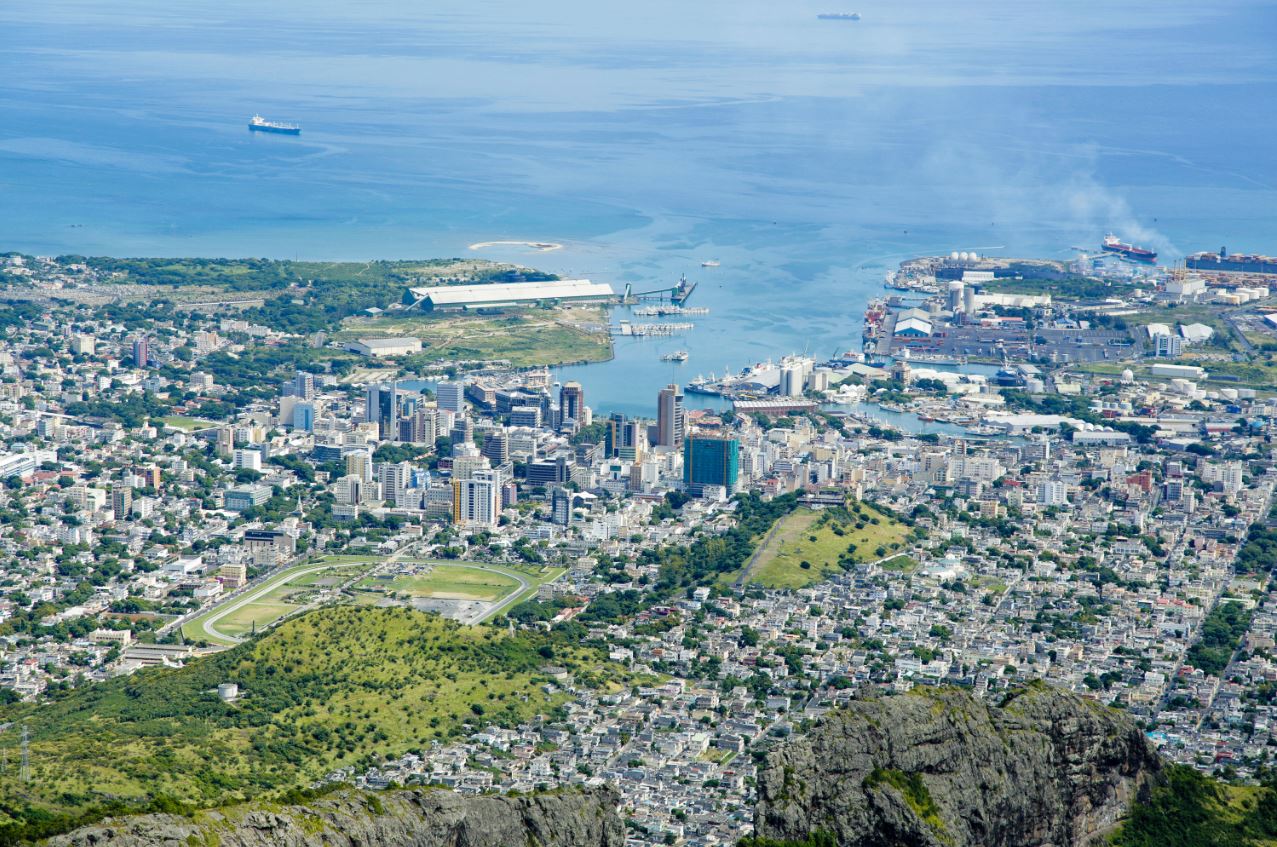The impact of climate change is already a reality, with global warming, more frequent extreme weather events and floods, rising sea levels, higher variability in rainfall and more severe droughts. No community is immune to these hazards. We must learn to cope by anticipating the risks, identifying the changes to be made, improving our ability to adapt and reducing the consequences for citizens and the environment.
Under COP21 and the Paris Agreement, countries have made voluntary commitments to fight climate change and adapt to its impact. By conducting vulnerability and feasibility studies, integrating adaptation measures into public policies and preparing critical adaptation projects, we have the opportunity to move towards a new dynamic balance and preserve local communities. Highly exposed to extreme climate events (cyclones, floods, etc.), as well as coastal erosion and flooding, Indian Ocean States are in the frontline of climate change. Mauritius has launched an ambitious national program to cut its greenhouse gas emissions by 30% by 2030 while adapting to the effects of climate change.
On an assignment funded by the French Development Agency, setec helped the Mauritian government develop its action plan for flood risk and coastal management. Launched in 2018 and completed in 2020, the project comprised several tasks, including assessing the vulnerability of areas exposed to risk, doing hydraulic modeling, identifying technical solutions for flood prevention, and providing technical assistance to the local authority on strategy and priority measures.
